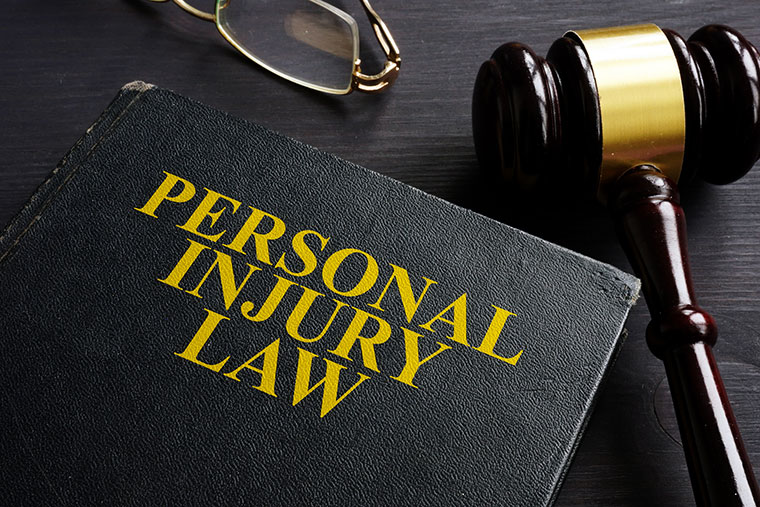- El Paso, Tx.
- callherreralaw@gmail.com
- Mon - Sat (10am - 7pm) Sunday CLOSED
In the aftermath of a personal injury incident, whether it’s a car accident, slip and fall, or medical malpractice, victims often face not only physical pain but also financial burdens and emotional distress. Personal injury law allows victims to seek compensation, known as damages, for these losses. Understanding the types of damages available in a personal injury case is crucial for victims and their legal representation as they pursue justice and fair compensation.
1. Economic Damages: Economic damages, also known as special damages, are quantifiable financial losses that result from the injury. These damages typically include:
Medical Expenses: This encompasses the cost of medical treatment, hospitalization, surgery, medication, rehabilitation, and any other necessary healthcare services related to the injury.
Lost Wages: Victims may be entitled to compensation for income lost due to their inability to work while recovering from their injuries. This includes wages, salaries, bonuses, and other forms of employment income.
Loss of Earning Capacity: In cases where the injury results in long-term or permanent disability that affects the victim’s ability to earn income in the future, compensation may be awarded for the diminished earning capacity.
2. Non-Economic Damages: Non-economic damages, also known as general damages, are more subjective and often more challenging to quantify than economic damages. These damages compensate victims for intangible losses, including:
Pain and Suffering: This includes physical pain, emotional distress, mental anguish, and the overall decrease in quality of life experienced as a result of the injury.
Loss of Consortium: In cases where the injury affects the victim’s relationship with their spouse or family members, compensation may be awarded for the loss of companionship, love, and support.
Loss of Enjoyment of Life: Victims may be compensated for the loss of ability to participate in activities and hobbies they enjoyed before the injury.
Disfigurement or Scarring: Compensation may be awarded for any visible scars or disfigurement resulting from the injury, particularly if they cause emotional distress or impair the victim’s self-esteem.
3. Punitive Damages: Punitive damages, also known as exemplary damages, are intended to punish the defendant for egregious conduct and deter similar behavior in the future. Unlike economic and non-economic damages, which are designed to compensate the victim for their losses, punitive damages are awarded as a form of punishment and are only granted in cases of extreme negligence, recklessness, or intentional wrongdoing.
4. Property Damages: In cases where personal property, such as a vehicle, is damaged as a result of the injury incident, victims may be entitled to compensation for the cost of repairs or replacement of the damaged property.
In conclusion, personal injury victims may be entitled to various types of damages, including economic, non-economic, punitive, and property damages. Seeking the guidance of an experienced personal injury attorney is essential for understanding the full extent of damages available and navigating the complex legal process to ensure fair compensation for the harm suffered. By pursuing all available avenues of compensation, victims can focus on their recovery and rebuild their lives in the aftermath of a personal injury incident.

